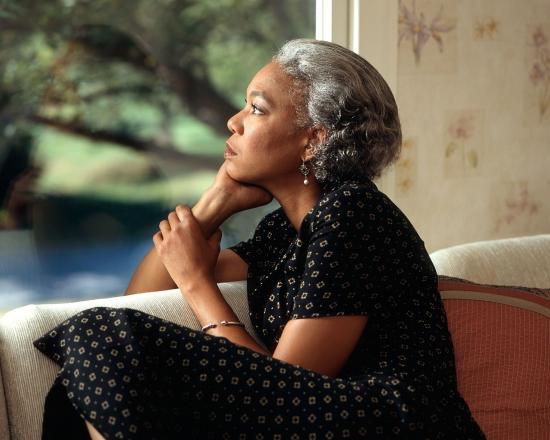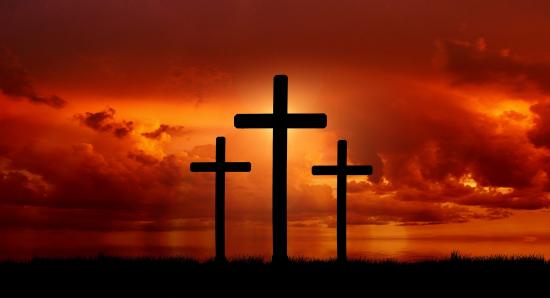 When our sense of safety is rocked, our personal lives experience change. The things we took for granted may no longer be the same. And with each change, you might experience grief. Think about how that might look. You may be grieving people dying, that you can’t visit your elderly parent. Or maybe your wedding is postponed. I know a dad who couldn’t go into the OR when his wife delivered their baby during a C-section. There weren’t enough gowns or masks to spare. And what about the friend who wants to attend a funeral or visit a cancer patient in the hospital? The number of scenarios involving loss are many.
When our sense of safety is rocked, our personal lives experience change. The things we took for granted may no longer be the same. And with each change, you might experience grief. Think about how that might look. You may be grieving people dying, that you can’t visit your elderly parent. Or maybe your wedding is postponed. I know a dad who couldn’t go into the OR when his wife delivered their baby during a C-section. There weren’t enough gowns or masks to spare. And what about the friend who wants to attend a funeral or visit a cancer patient in the hospital? The number of scenarios involving loss are many.
When we experience loss, we need to recognize it and grieve it. To do so, we have to identify the loss and name it. And in this time when some are experiencing more serious losses than others, we have to be careful not to minimize our feelings. For example, it’s OK to grieve the loss of the family dinner at Easter. No, it is not as serious as someone dying, but it is a loss. For some, writing down your feelings can help. Others need to talk out feelings of grief. During grief, no one has to fix anything, rather allow full expression and a listening ear.
Part of grieving is letting go of what we can’t control. And this is no easy process. We cycle through the stages of grief. First, we may deny that anything has changed. Then we may get angry and upset that things have changed. This can give way to bargaining and sadness until we finally reach an acceptance. This cycle is not linear. Those stages can come and go and resurface on new issues.
You can’t always stop loss from happening, but how you respond to it matters. Probably the most important aspect of grief is to find a way to make meaning out of loss. A new sense of purpose can emerge when you pick up the pieces to move forward after a loss. You discover what is really important. You find that you have developed patience, compassion and empathy for others. And in the suffering that can come with loss, you grow deeper in your relationship with God. So while none of us ever wants to welcome loss, we do need to learn to embrace it. It will always be a par of our lives this side of heaven. In the long run, the way we respond to loss can make us stronger and more resilient.


